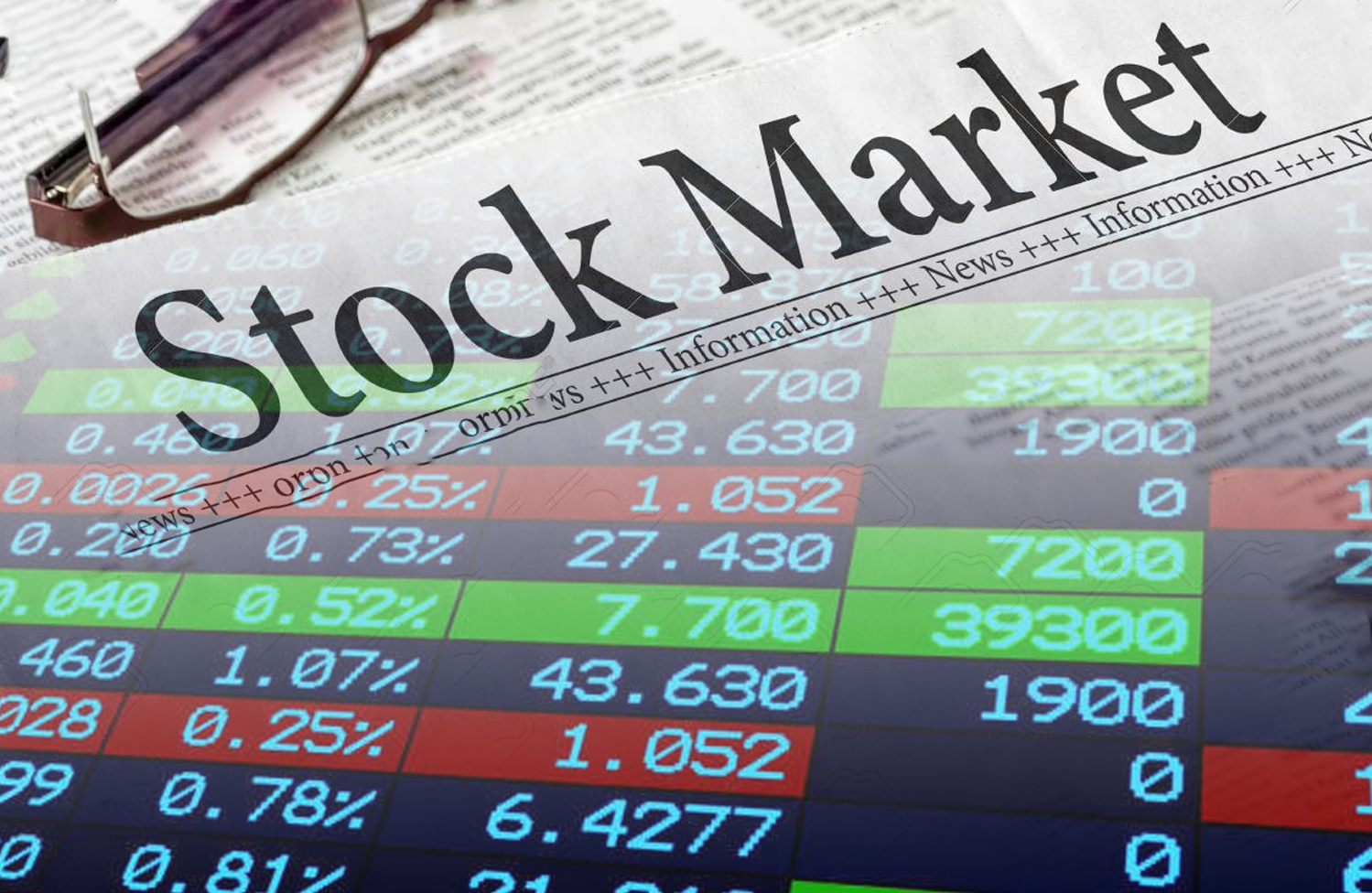The Congressional Budget Office said Friday that it expected the federal budget deficit to hit $3.7 trillion for the 2020 fiscal year, which would be its largest size as a share of the economy since World War II.
In a new round of forecasts that officials cautioned were highly uncertain amid the coronavirus pandemic, the budget office said it expected the economy to shrink by 5.6 percent over the course of this year, ending 2020 with an unemployment rate of nearly 12 percent.
The budget office said it expected a historic drop in economic activity to be recorded this spring, but that recovery will begin to set in as social distancing measures are relaxed but not eliminated at the end of June.
Still, it forecasted a slow climb back from the damage the virus caused the economy and the federal budget. It projected growth of 2.8 percent in 2021 — which would be nowhere close to the sharp rebound that some Trump administration officials have said they expect — and a budget deficit of more than $2.1 trillion for the 2021 fiscal year.
By the close of the 2020 fiscal year, which ends in September, the budget office now expects the size of the national debt to exceed the annual output of the economy, with debt to gross domestic product at 101 percent.
As they’re urged to reopen, movie theaters say it is too soon
Some Republican governors are urging movie theaters to reopen sooner rather than later, despite business and public health realities that make an abrupt relighting of marquees impractical, if not impossible.
To help restart Georgia’s economy, Gov. Brian Kemp wants theaters to reopen starting Monday. Tennessee, where Regal Cinemas is based, plans to allow most businesses to reopen at the end of next week. South Carolina and Ohio are also restarting their economies. Texas and Florida are itching to do the same.
But movie theaters are worried about opening up too early, Nicole Sperling and Brooks Barnes report.
They don’t want to be lumped in with meatpacking plants and senior centers as hot spots for the virus. Already struggling financially, theaters fear that a too-soon return could stigmatize them as dangerous places to congregate. And with new movies from Hollywood not set to debut until the middle of July — at the earliest — opening too soon would only make operators spend money before they could truly recoup costs from patrons.
“Hell no, we’re not opening on Monday,” Chris Escobar, who owns the 485-seat Plaza Theater in Atlanta, said by phone. “When we do, it will not be because of political pressure. It will be because leading public health experts say our lives are no longer at risk.”
The major theater chains, which operate independently but consult one another on best practices, are spending their time determining what protocols should be established. These potentially include separating seating in auditoriums and longer times between showings to allow for deeper cleaning of theaters.
Consumer sentiment saw a record plunge in April but may be leveling off.
Consumers have been battered by the pandemic. But is it possible they’re seeing light at the end of the tunnel?
A closely watched index of consumer sentiment from the University of Michigan plunged 19.4 percent in April, according to data released Friday. That’s the biggest one-month drop on record, and follows an 11.8 percent drop in March.
But sentiment stabilized, or even edged up slightly, from a preliminary reading earlier in April. Although consumers’ assessments of their current economic conditions is in a deep slump, their expectations for the future have fallen by far less, suggesting that many Americans expect a relatively rapid economic rebound.
That optimism could provide a badly needed economic jolt as businesses begin to reopen in coming weeks. But Richard Curtin, chief economist for the Michigan survey, noted that it also poses a risk: If states move too quickly to return to business as usual and there is a renewed outbreak, it could dash consumers’ hopes and send sentiment back into free fall.
“The necessity to reimpose restrictions could cause a deeper and more lasting pessimism across all consumers, even those in states that did not relax their restrictions,” he wrote Friday.
Some companies seeking bailouts spent piles of cash on stock buybacks and dividends.
Last month, big restaurant chains like KFC, Wendy’s and Papa John’s asked the federal government for $145 billion in coronavirus relief funds.
These companies had been highly profitable in recent years. So where had all their money gone? Like much of corporate America, the restaurant chains had spent a large chunk on buying back their own stock, a practice aimed at bolstering its price, Emily Flitter and Peter Eavis report.
The crisis has exposed the potential failings of the shareholder-focused strategy embraced by many big companies. Shareholders, wanting stock prices to go higher, pushed management to use cash on buybacks and dividends. And senior executives, paid largely in stock and on the basis of how the stock performed, were happy to oblige.
The result was that companies often didn’t have much spare cash, leaving them more exposed to economic downturns.
Read Original: https://www.nytimes.com/2020/04/24/business/stock-market-live-coronavirus.html




